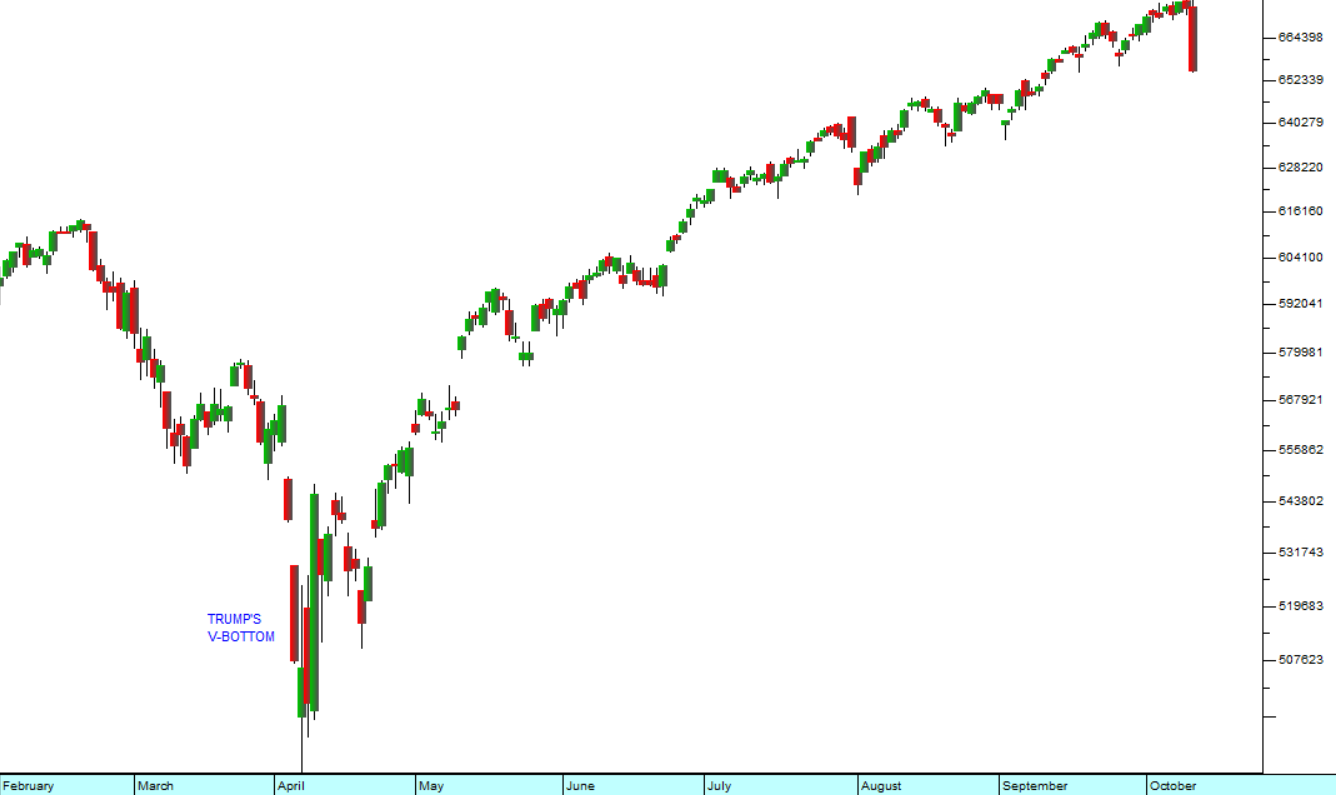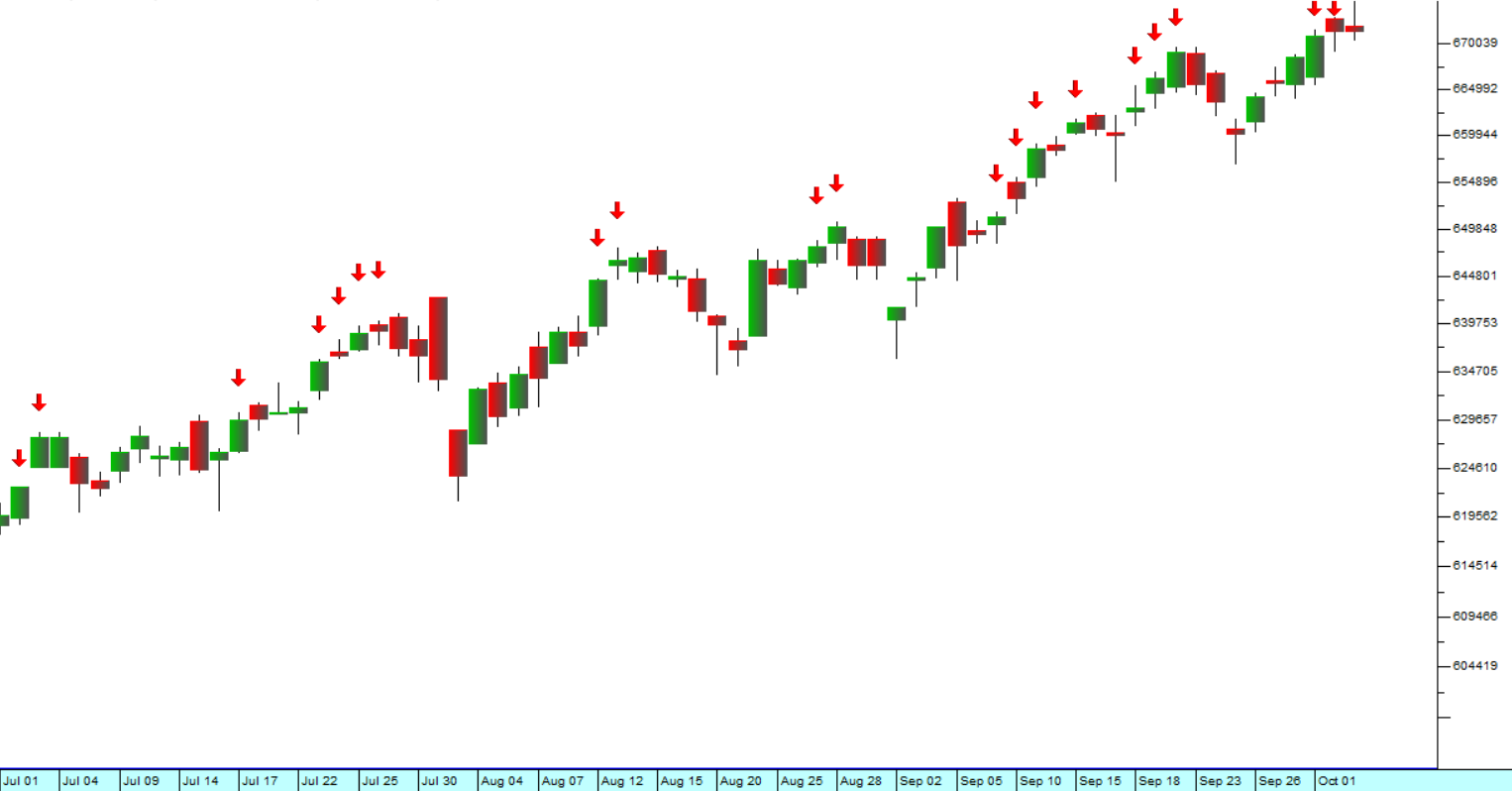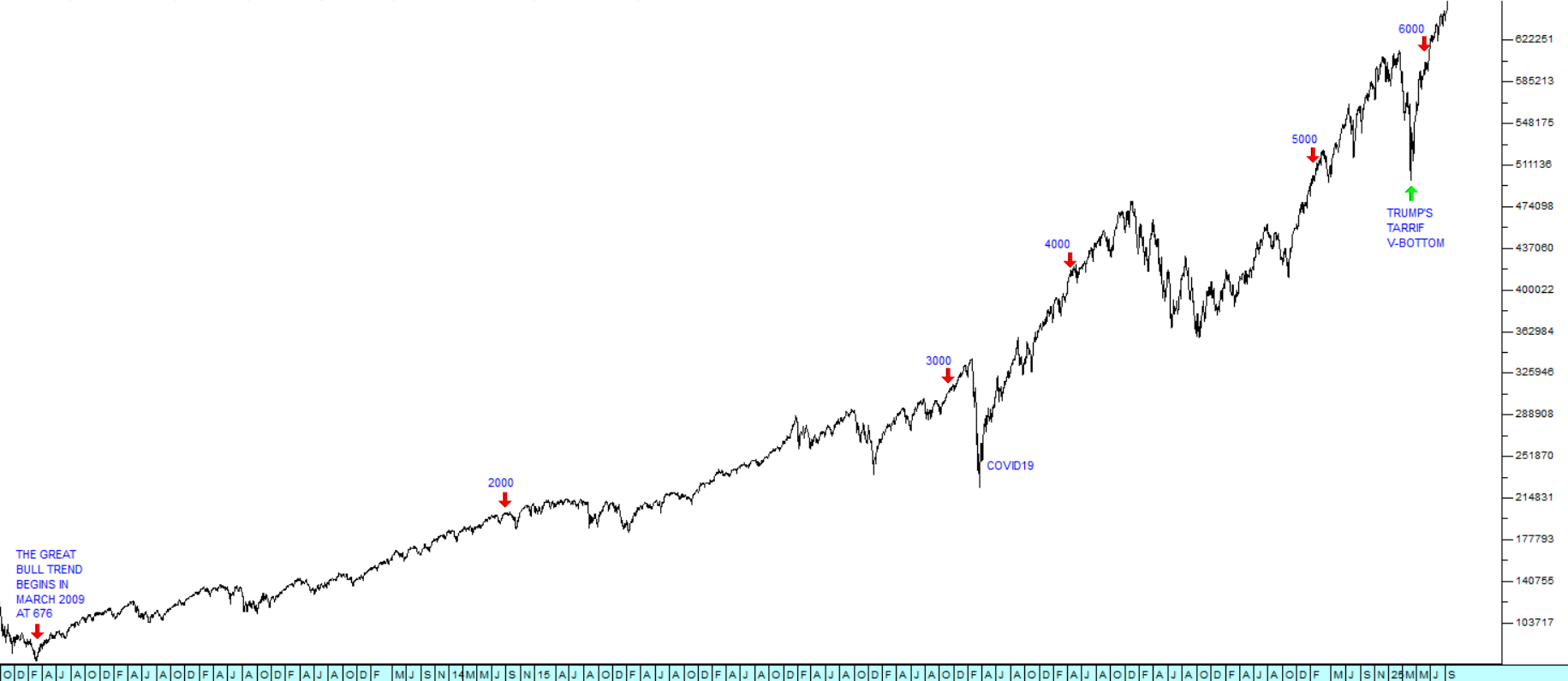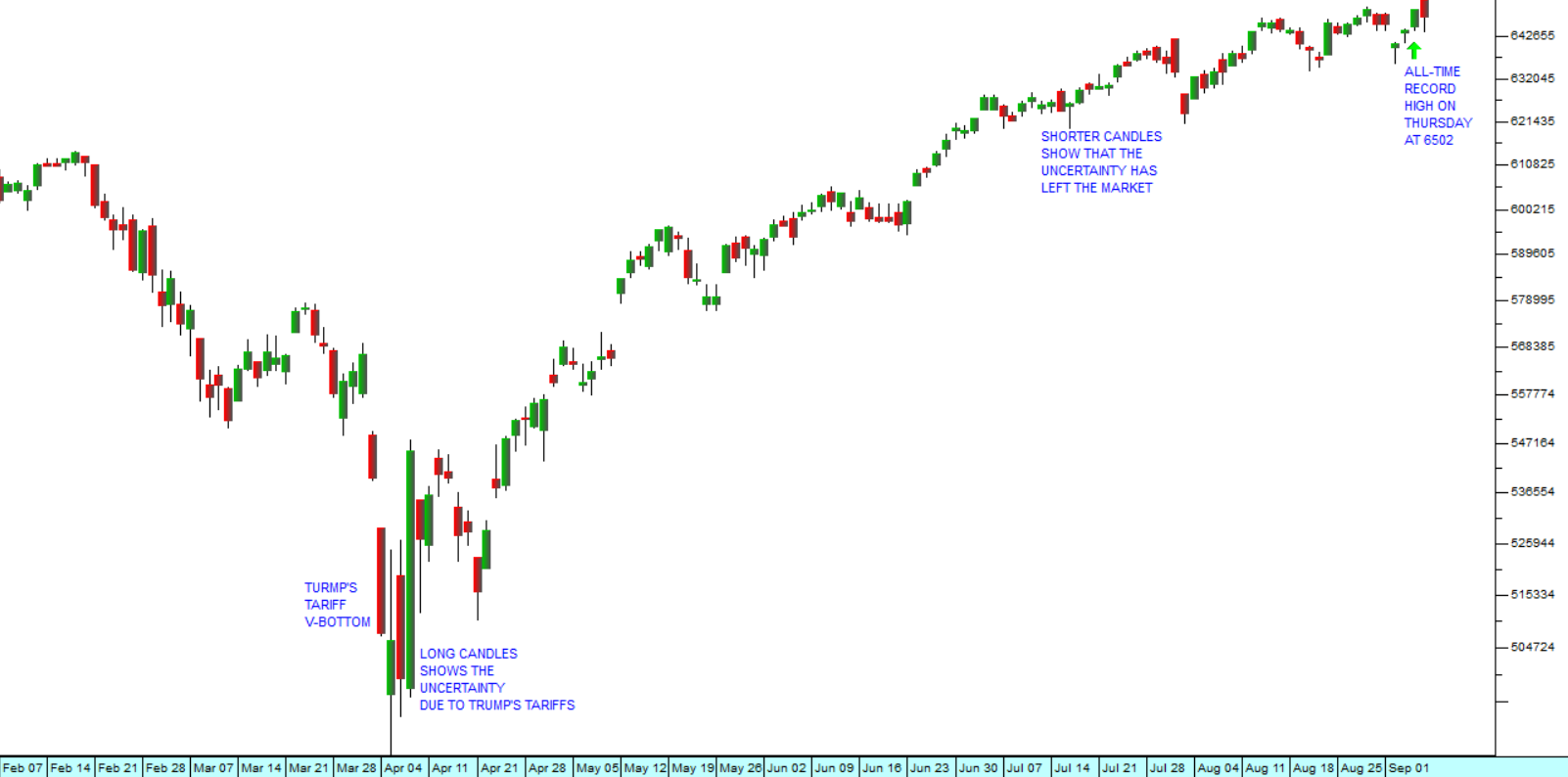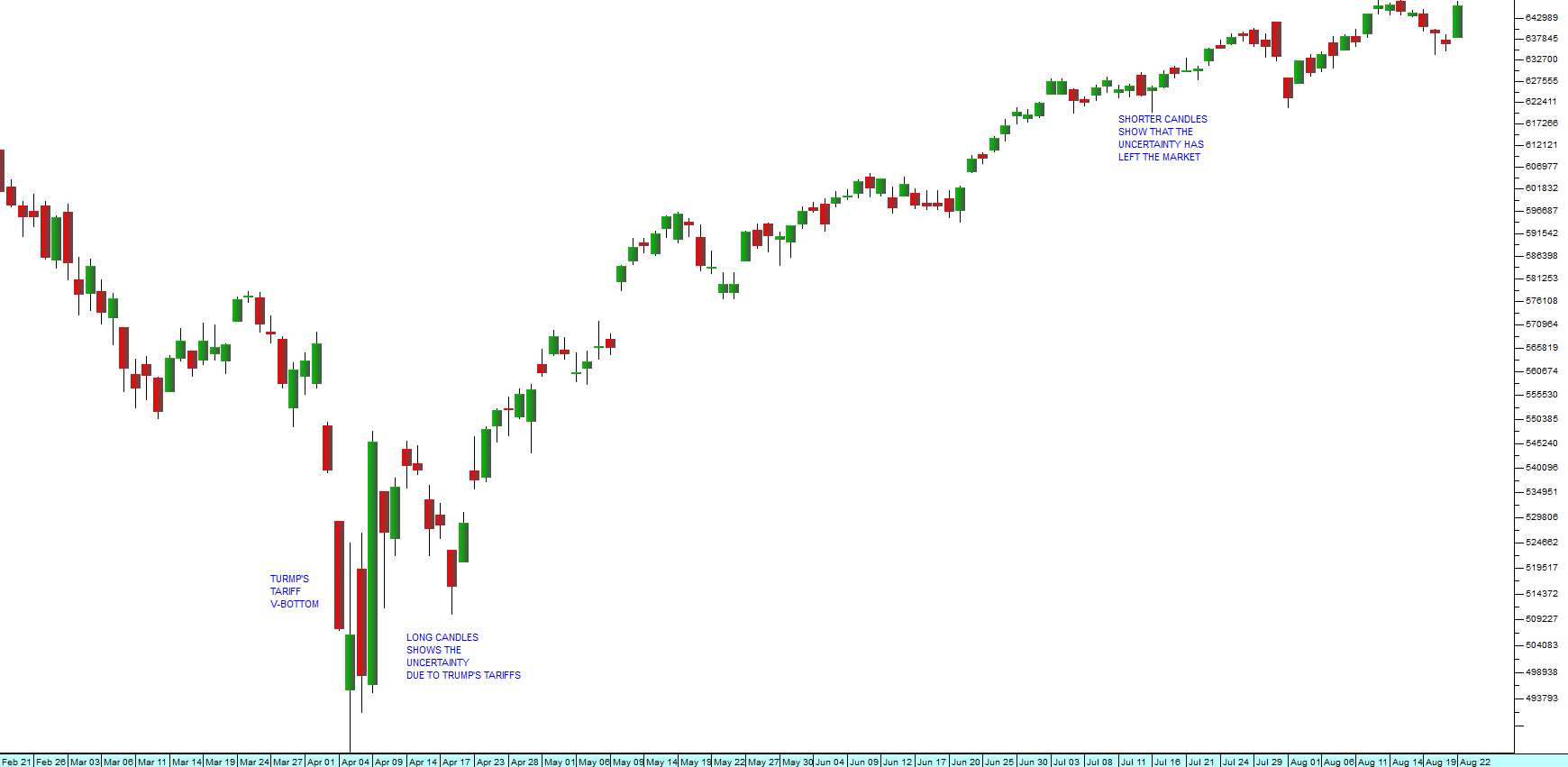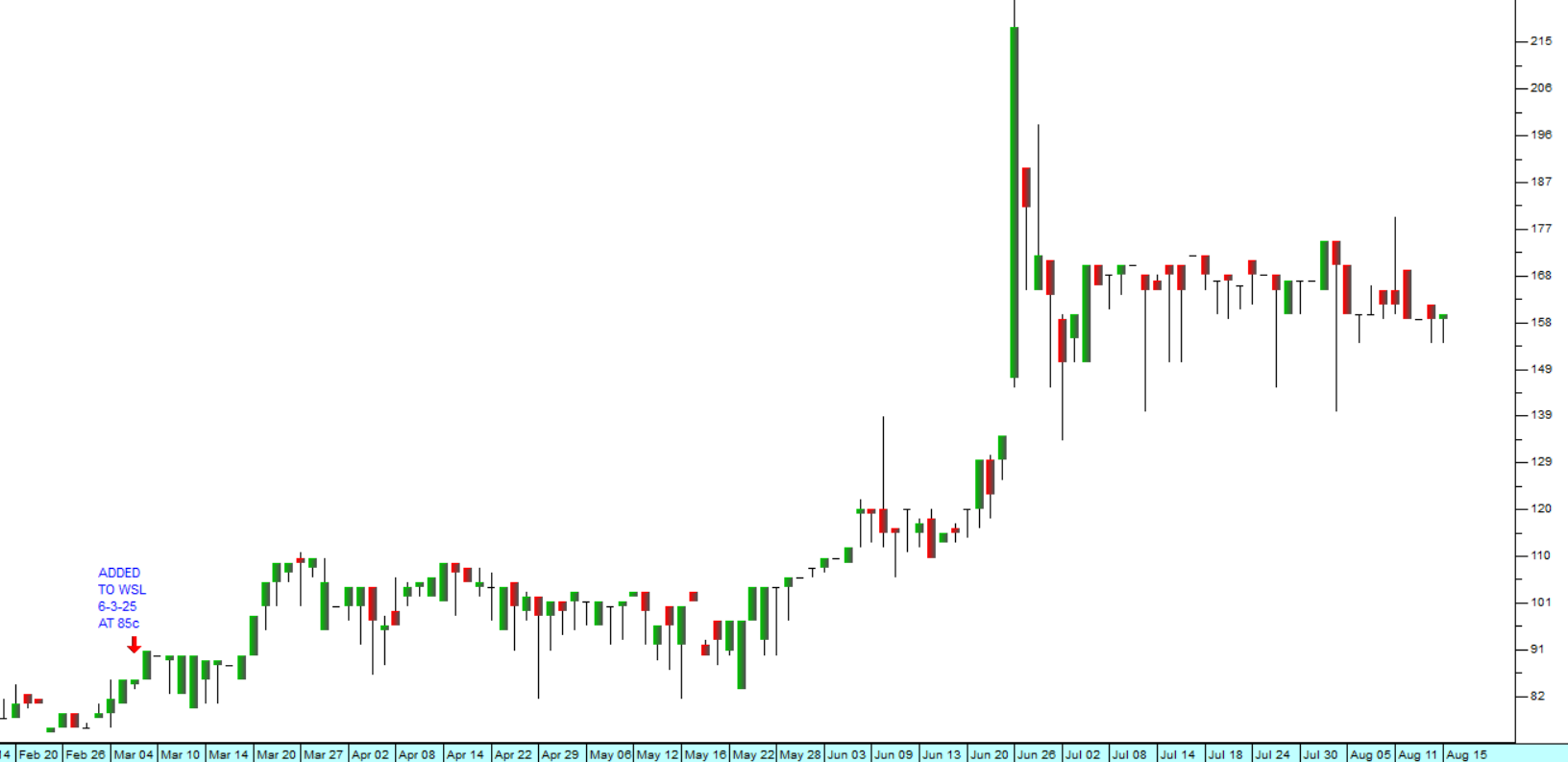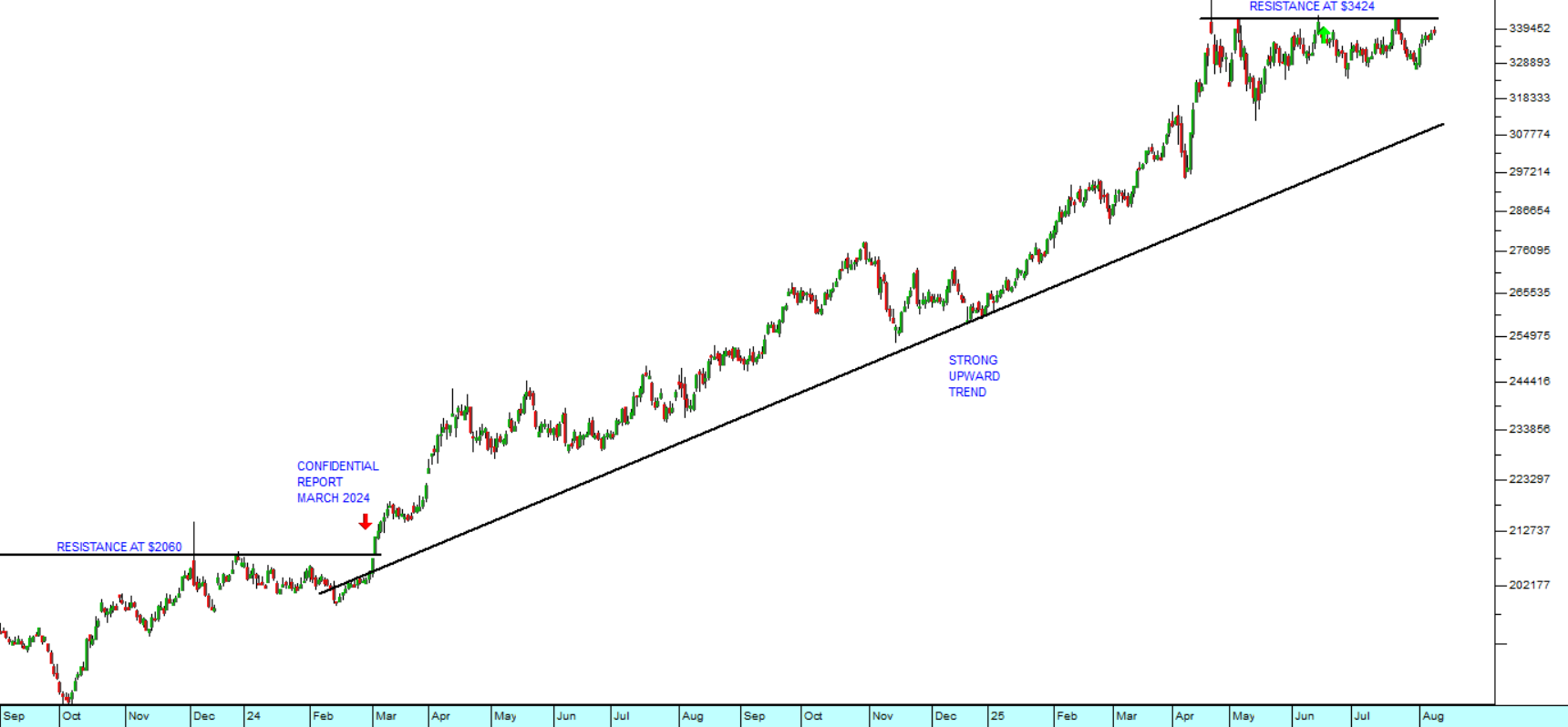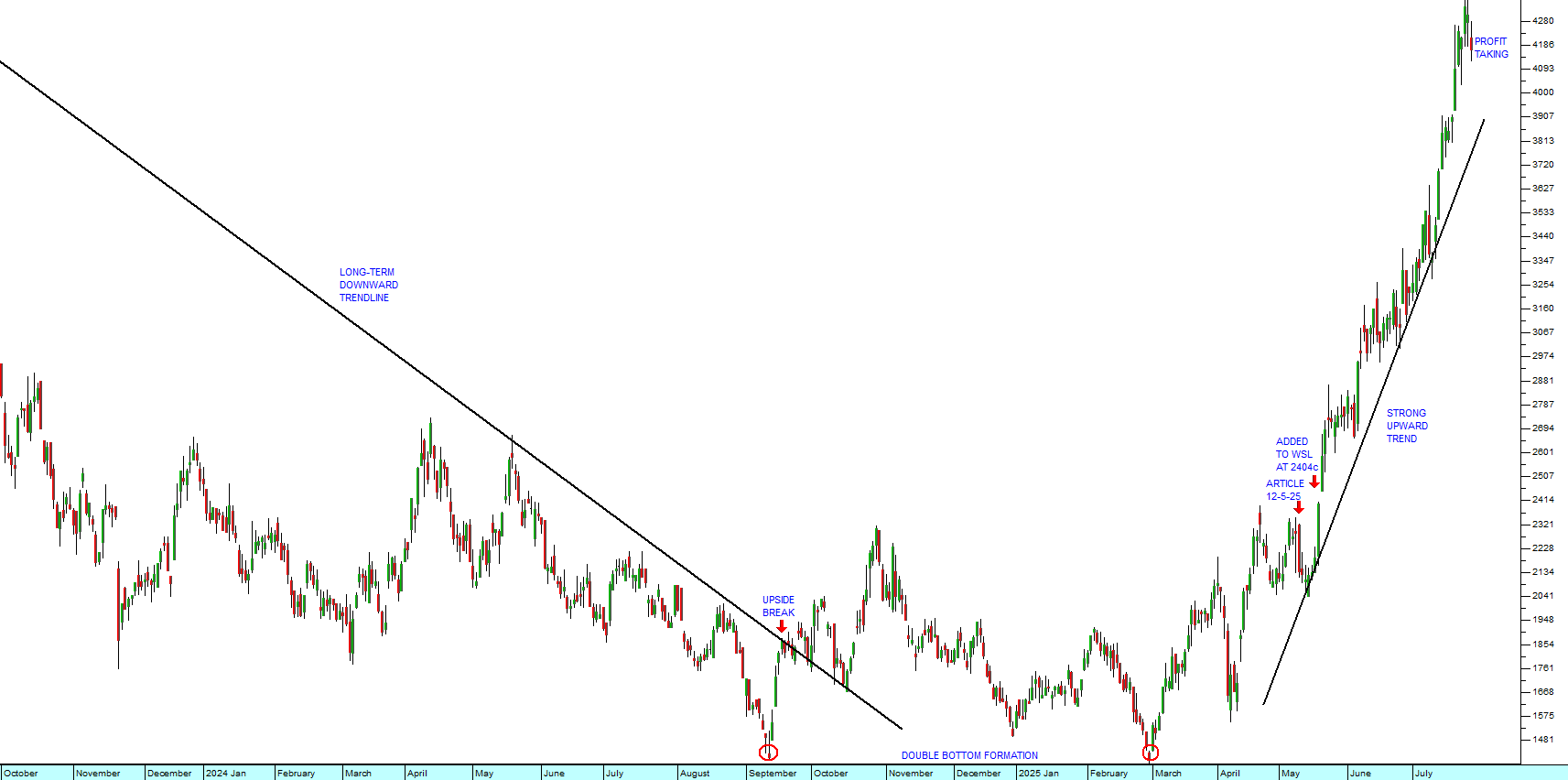Rising Oil
18 September 2023 By PDSNETThe oil price remains a major factor in the world economy, determining inflation levels and impacted directly by the growth of gross domestic product (GDP) in first world countries. Viewed as a whole the world economy is still very heavily dependent on oil despite the move towards renewable energy. Any move towards accelerated growth is immediately reflected in rising oil demand.
The world’s largest exporter of oil is Saudi Arabia which completely dominates the Organisation of Petroleum Exporting Countries (OPEC). Saudi Arabia is estimated to have proven reserves of around 270 billion barrels and can continue producing oil at current levels for at least the next 50 years. It can produce oil at a cost of about $4 per barrel which compares with the US shale oil cost of production which is at least $35 per barrel.
America consumes about a quarter of the world’s oil production despite the fact that it has only about 7% of the world’s population. This has led to the oil-for-security deal between Saudi Arabia and America which has been in place since the end of World War II. In terms of this deal America has guaranteed Saudi Arabia’s security in exchange for receiving the oil which it needs.
In recent years, the oil-for-security deal has come under strain especially since the 2019 Iranian drone and cruise missile attack on Abqaiq oil plants and Khurais oil field which temporarily cut about 50% of Saudi Arabia’s oil production. Then President Trump’s response was considered insufficient and half-hearted. In addition, the rise to power of Prince Mohammed bin Salman (MBS) since 2017 as the de facto dictator in Saudi Arabia has impacted on relations. MBS is a 37-year-old who has become completely autocratic in his rule.
It is also important to understand the price of petrol is a key element of Biden’s popularity in America and the price of oil is a major factor in enabling Russia to continue prosecuting its war in Ukraine. For these reasons, following the start of the Ukraine war, President Biden went to Saudi Arabia to negotiate lower oil prices.
For the next year oil prices came down sharply with North Sea Brent falling from over $120 per barrel to around $72. Since July this year, however, oil prices have been trending up again and Brent has now reached almost $94 per barrel – up more than 30%. Consider the chart:
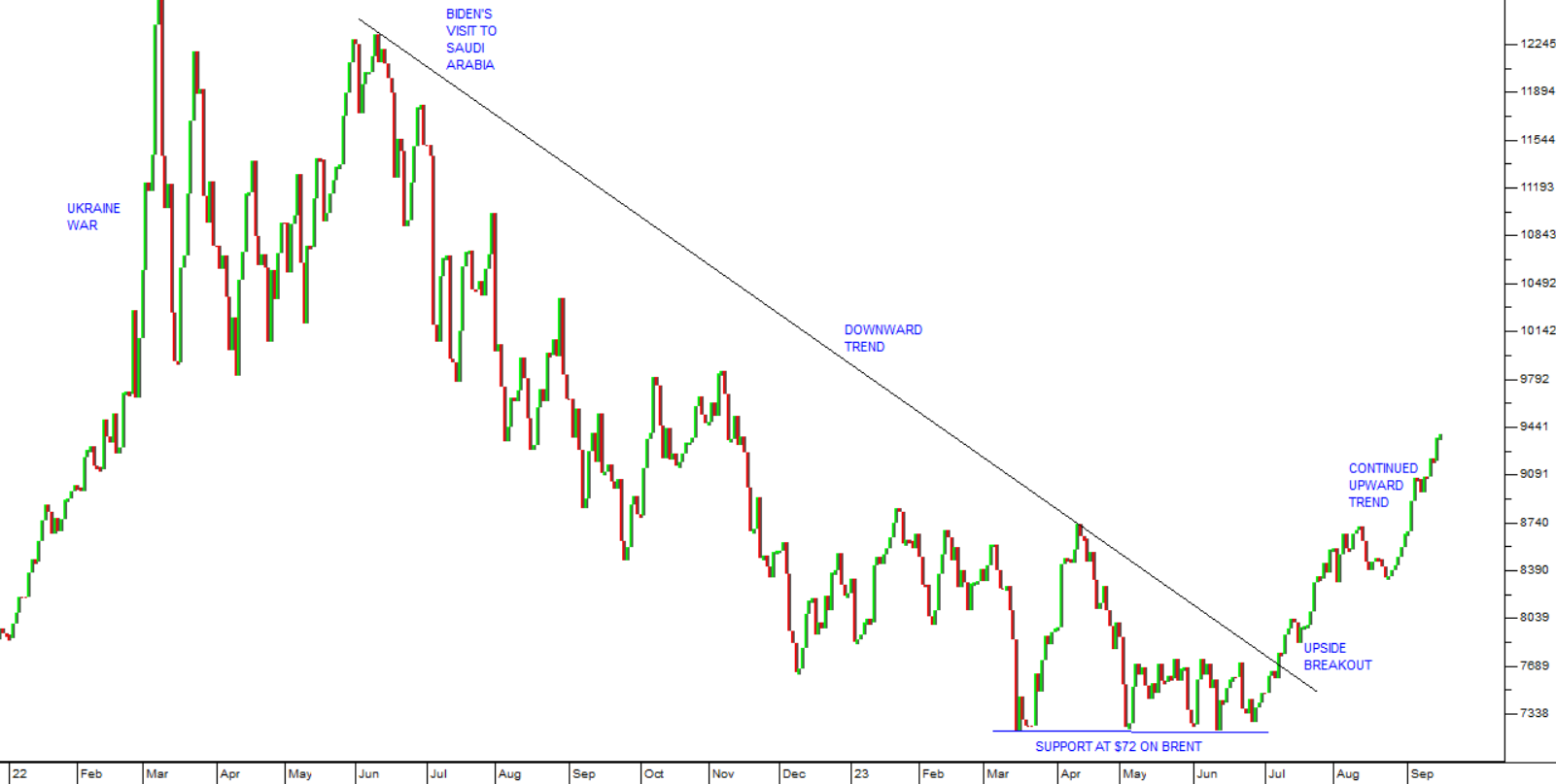
One of the major reasons for the rise in oil prices has been the shift in investor perceptions about GDP growth in the US and China. Over the past few months, the idea that the US would descend into a recession has faded as inflation fears have subsided. Interest rates are now thought to have peaked, and the next move is expected to be downwards.
At the same time, economic growth in China has perked up with retail sales coming in at 4,5% year-on-year, well above analysts’ expectation. Chinese oil refinery runs reached an all-time high of 15,23m barrels per day indicating that the demand for petroleum was rising rapidly.
As the world moves back into growth, the demand for oil will rise and with it the price. Ultimately, a rising oil price would cause world inflation to rise and growth to decline. It will also help Russia which is a major exporter of oil. But these trends will probably come too late to significantly impact Biden’s 2024 presidential campaign and they will almost certainly be too little, too late for Putin.
Here in South Africa, the rising oil price comes at a bad time when mining production has been falling and the economy is battling with very high interest rates. For the ANC, this is just more bad news to add to their litany of mostly self-inflicted problems in the run-up to the 2024 election.
We expect that oil will continue to move up in the coming months as growth rates around the world strengthen.
DISCLAIMER
All information and data contained within the PDSnet Articles is for informational purposes only. PDSnet makes no representations as to the accuracy, completeness, suitability, or validity, of any information, and shall not be liable for any errors, omissions, or any losses, injuries, or damages arising from its display or use. Information in the PDSnet Articles are based on the author’s opinion and experience and should not be considered professional financial investment advice. The ideas and strategies should never be used without first assessing your own personal and financial situation, or without consulting a financial professional. Thoughts and opinions will also change from time to time as more information is accumulated. PDSnet reserves the right to delete any comment or opinion for any reason.
Share this article:

